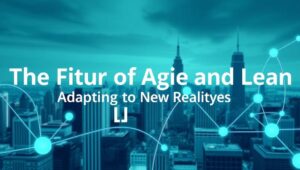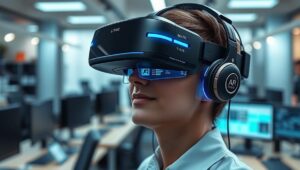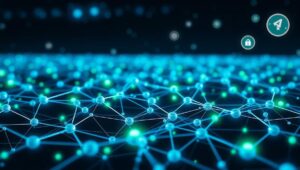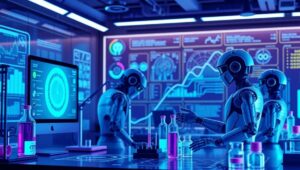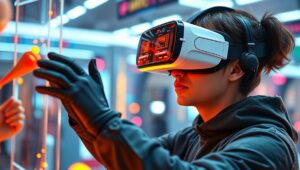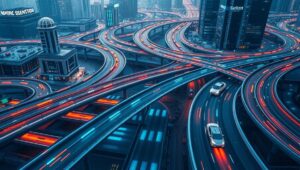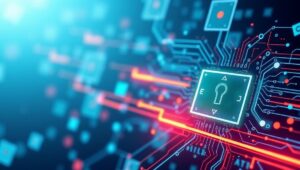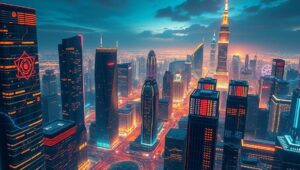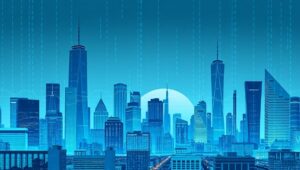May 19, 2025
The Future of Agile and Lean: Adapting to New Realities (2025)
The Future of Agile and Lean: Adapting to New Realities (2025) Agile and Lean methodologies have revolutionized software development and project management over the past two decades. However, the landscape is constantly evolving. This article explores how Agile and Lean are adapting to new realities in 2025, considering emerging technologies, shifting work environments, and evolving organizational needs. Key Adaptations in Agile and Lean Several key adaptations are shaping the future of Agile and Lean: Integration with AI and Automation: Agile teams are increasingly leveraging AI and automation to streamline processes, improve decision-making, and reduce manual effort. AI-powered tools can assist
